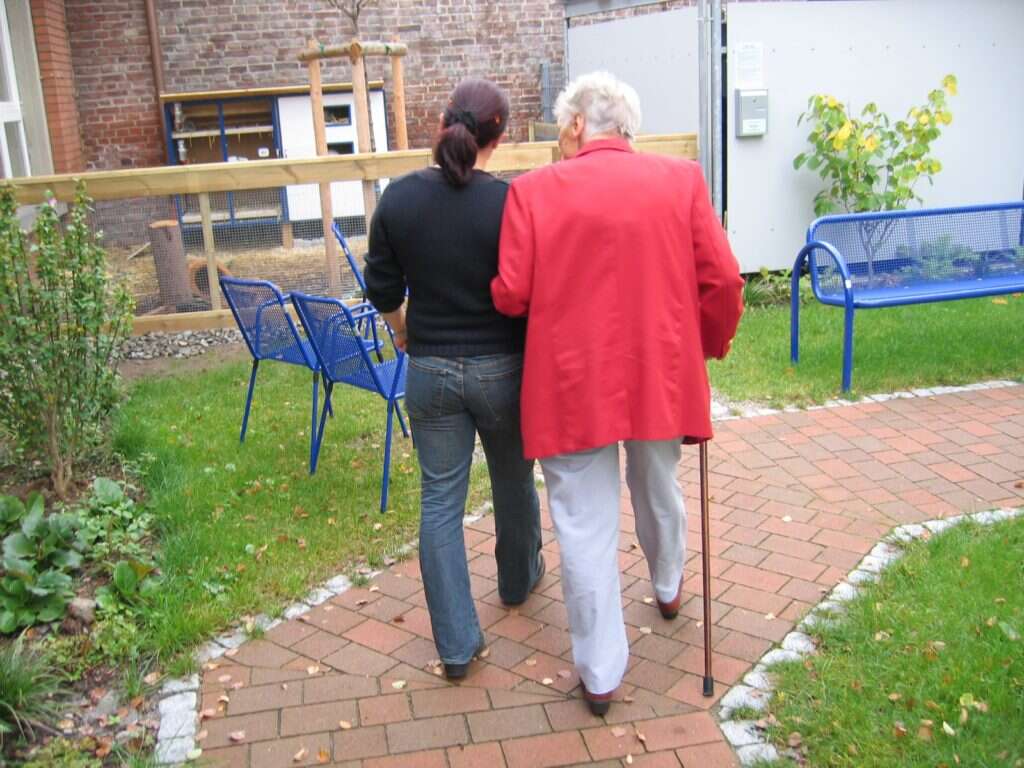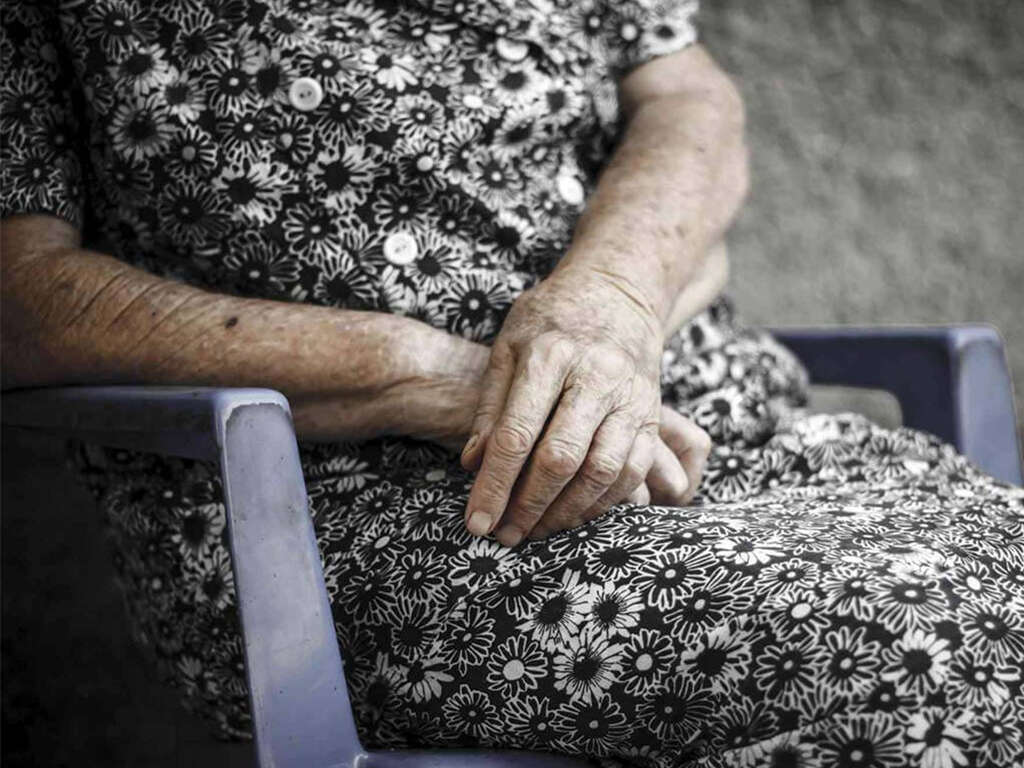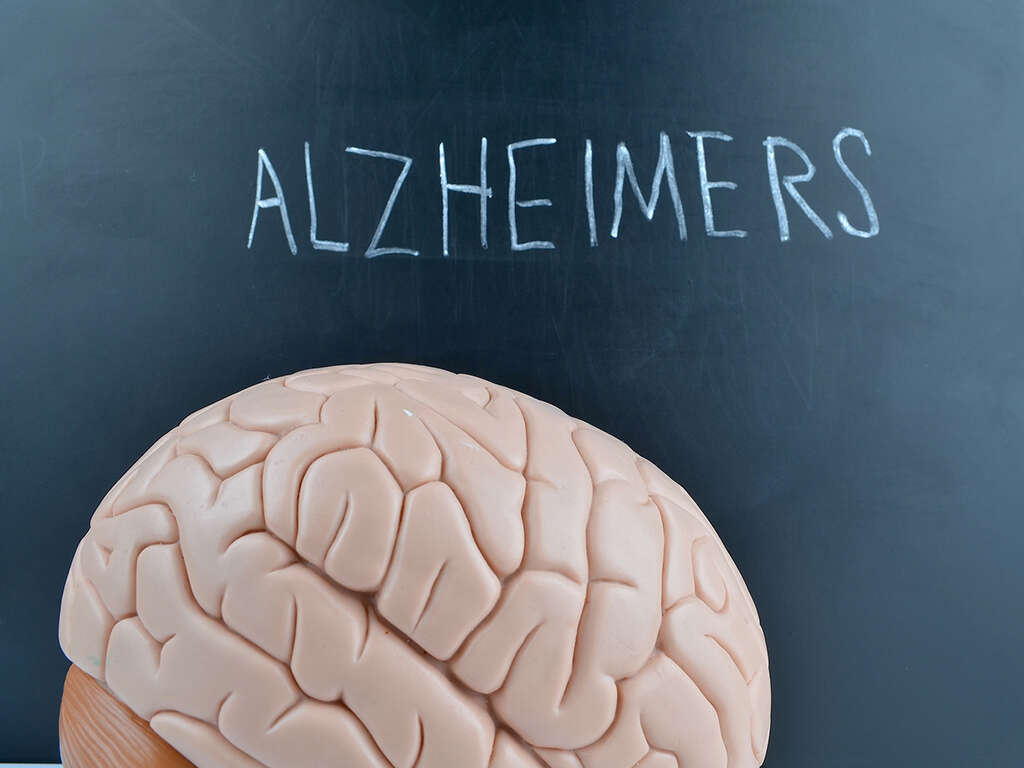10 Signs of Dementia
Dementia is a sort of blanket term that’s used to describe various types of cognitive issues, most of which occur as a result of the aging process. Most people suffering from dementia experience some impairment to their cognitive ability: memory, thought formation, and communication abilities are all affected by dementia.
If you’re suffering from communication or memory problems, don’t assume that you’re developing dementia. Some memory loss is natural with age and shouldn’t be worried about. However, if you’re experiencing consistent symptoms, you might want to check with a medical professional to see if it’s time to start getting treatment. Here are some of the most common symptoms of dementia.

Dementia Sign #1: Short-term Memory Loss
Memory loss is one of the most commonly described symptoms of dementia. These changes usually start off quite small and may be observed as people leaving their keys in certain places or putting things in strange places. This is normal and is not necessarily indicative of dementia.
If your short-term memory loss becomes more serious, it might be time to consider medical treatment. Forgetting things multiple times everyday might be indicative of a more serious problem. If memory loss is becoming a detriment to your daily life, then you should talk to your doctor.

Dementia Sign #2: Forgetting Instructions / Skills
Another sign of dementia is the inability to remember how to do things, even if they have been done on a regular basis for many years.
For example, someone suffering from dementia may begin to forget how to use their computer, or they may not remember how to make their favourite recipe. The loss of skills is one of the more serious signs of dementia and should be treated as an indication of a more serious problem emerging.

Dementia Sign #3: Forgetting Words
One of the other signs of emerging dementia is a person forgetting words during conversation. They will have a hard time expressing themselves because they are unable to easily fit their thoughts into words.
A person with dementia may also entirely forget words that are commonly used in daily conversation. Those beginning to develop serious dementia may actually confuse commonly used words, like using the word cup in place of bowl. This can make it very difficult to communicate with someone suffering from dementia.

Dementia Sign #4: Mood Changes
People with dementia often suffer from changes to their mood. These changes can be in the short term - for example, people with dementia are more prone to spontaneous mood changes. They may be happy one moment, sad the next, and ecstatic the next.
Sometimes people develop more consistent mood changes. Depression, for example, is more likely to emerge in someone suffering from dementia. These mood changes can manifest in a person’s behavior: someone known for being outgoing may become introverted, or vice versa.

Dementia Sign #5: Apathy
Apathy is a condition that’s a bit different than a simple change in mood. When someone becomes apathetic, they lose interest in things that they may have enjoyed at one point in their.
Also known as listlessness, people with apathy tend to eschew their hobbies and activities because they can no longer find interest in them. They are less likely to enjoy social outings, won’t want to spend time with their families, and won’t seem to have any vested emotional interest in things.

Dementia Sign #6: Difficulty Performing
Some people with dementia may have trouble performing daily tasks and learning how to do things. More complicated tasks, like balancing a check book or paying a game that has a lot of complicated rules, can make this symptom very apparent.
It can be difficult for someone with dementia to comprehend a large amount of information at once, which can make it hard for them to adapt to new situations and perform activities. Some people with serious dementia may even forget the rules to games they have enjoyed for many years.

Dementia Sign #7: Confusion
People with dementia often experience bouts of confusion. These can be quick and sporadic, or they can be drawn-out and more frequent. Confusion can be observed in several ways: they may have difficulty making sound judgments, expressing their feelings, or finding the right words to communicate.
People with confusion may not understand where they should put their car keys. It’s not uncommon for people with dementia to put their wallets or other important items in the wrong drawer and entirely forget where they were.

Dementia Sign #8: Repetition
When you combine all of the previous symptoms, you may understand why it’s common for people with dementia to become repetitive. The combination of confusion, lack of comprehension, and changes in behavior can make a person express the same thing (or express a lack of understanding) many times in a day.
This is particularly apparent for those suffering from more severe memory loss. A person with dementia is likely to ask the same question or tell the same story several times a day. This makes it very difficult to communicate with someone with dementia.
They may also repeat daily tasks more than they need to. For example, they may shave twice in a day, have several showers, or make breakfast twice.

Dementia Sign #9: No Sense Of Direction
A sense of direction is a sense of spacial awareness, and people with dementia often begin to struggle with their spacial awareness and depth perception. As a result of this, they may begin to lose their sense of direction.
This can be observed when people have difficulty navigating places that they frequent. They may also forget the location of certain landmarks and have a much harder time following directions. They may also not remember how to get around their house, or which rooms are marked by which doors.

Dementia Sign #10: Difficulty Adapting
If someone hasn’t prepared themselves to navigate their dementia properly, they may have a hard time adapting to the process. When a person begins forgetting things and losing their items, it makes them uncomfortable. When they can’t remember the faces of their loved ones, they begin to feel afraid.
This is made harder by the fact that people with dementia have a hard time following instructions and conversations. They may not be able to understand the directions that lead them back home, or even where they live. This might make them hesitant to explore new things and make them dependent on routines.











